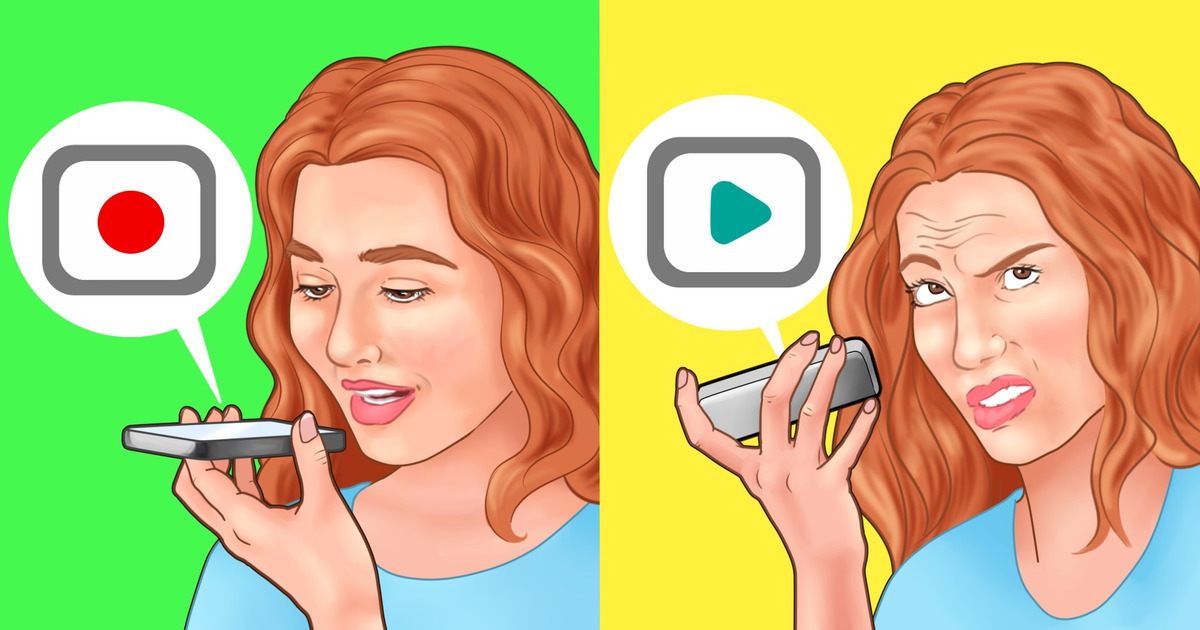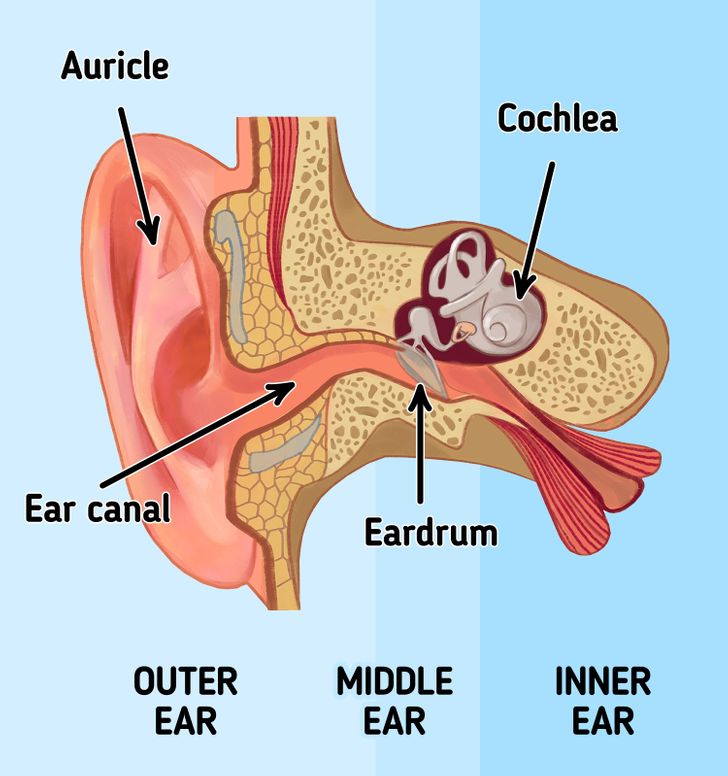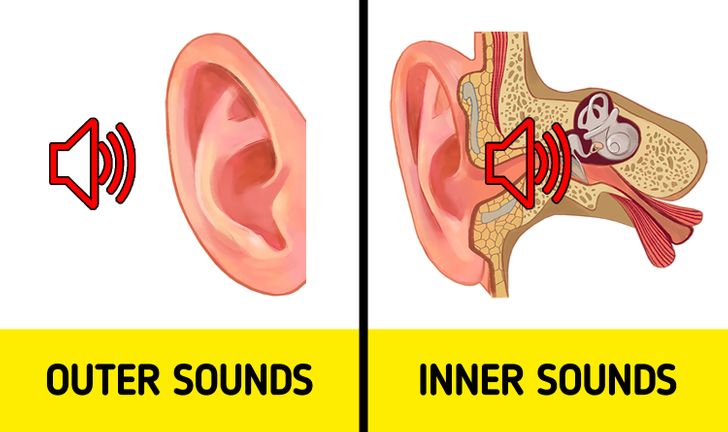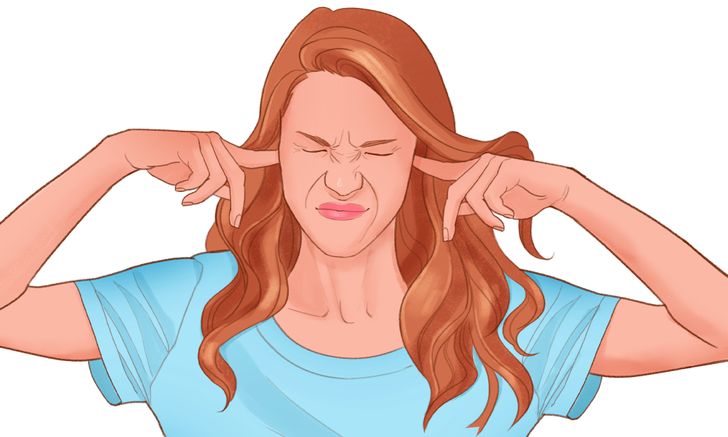Why We’re Irritated by Our Own Voices

People rarely like the sound of their own voice. It sometimes seems to them that it’s too low or too high. And when it’s recorded, it sounds like it’s someone else’s voice, not their own.
5-Minute Crafts found out why our own voice irritates us.
How the ear works

The human ear consists of 3 parts: the inner, middle, and outer ear.
- The outer ear is the part we can see. It’s where the ear canal starts.
- The middle ear is separated from the outer ear with the eardrum. It’s the main conductor of the sound and it moves it into the inner ear.
- The inner ear is the main conductor of the sound into the brain. The cochlea, located in the inner ear, transforms the sound into a neurological impulse and sends it to the brain.
How we perceive sound

Any sound is a series of vibrations the brain receives as an impulse. But different sounds are perceived differently. Music or someone else’s voice gets to our ears through the air. This is partially how our own voices are heard by us. But other sounds come to our ears through the bones. This is how we perceive the vibrations of our vocal cords.
That being said, we hear our own voices in 2 ways at the same time: we hear it as a mix of air vibrations and bone vibrations.
Why our own voice irritates us

When we hear our own voice recorded, we hear it in a way we’ve never heard it before. In this case, the sound gets to the ear through the air and seems different from what it usually sounds like.
In our own heads, our voice can be heard in any way possible: it all depends on our imagination. The funny thing is that nobody except us can hear our voices the way we do.
In reality, this voice sounds different from what we’re used to, so we become irritated by this difference.